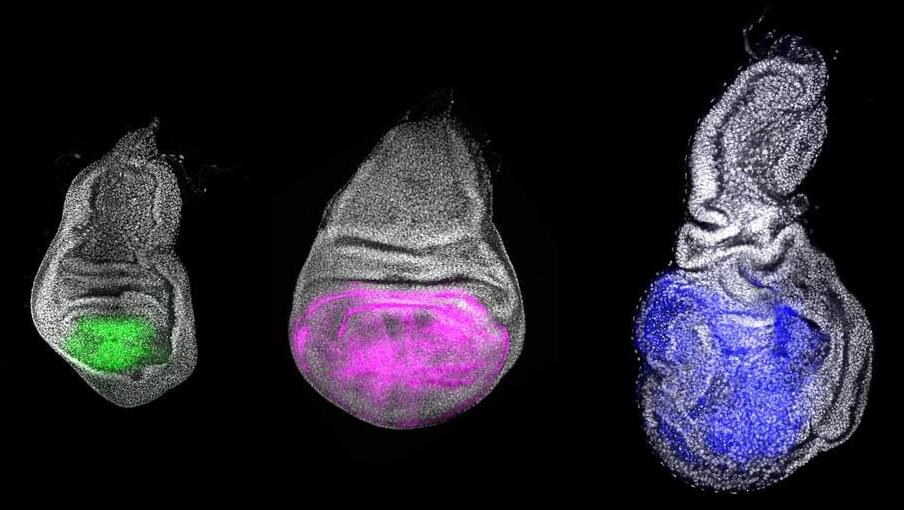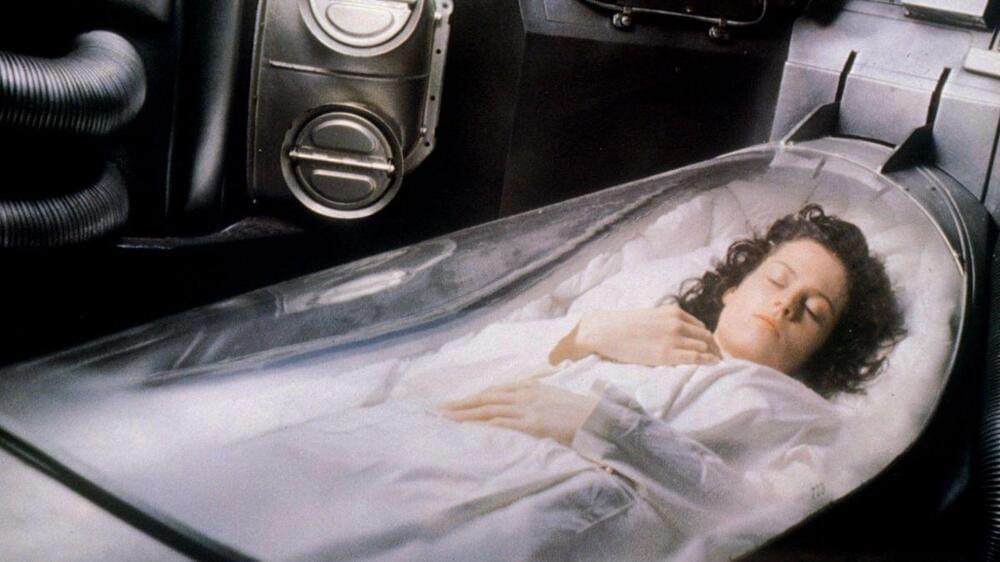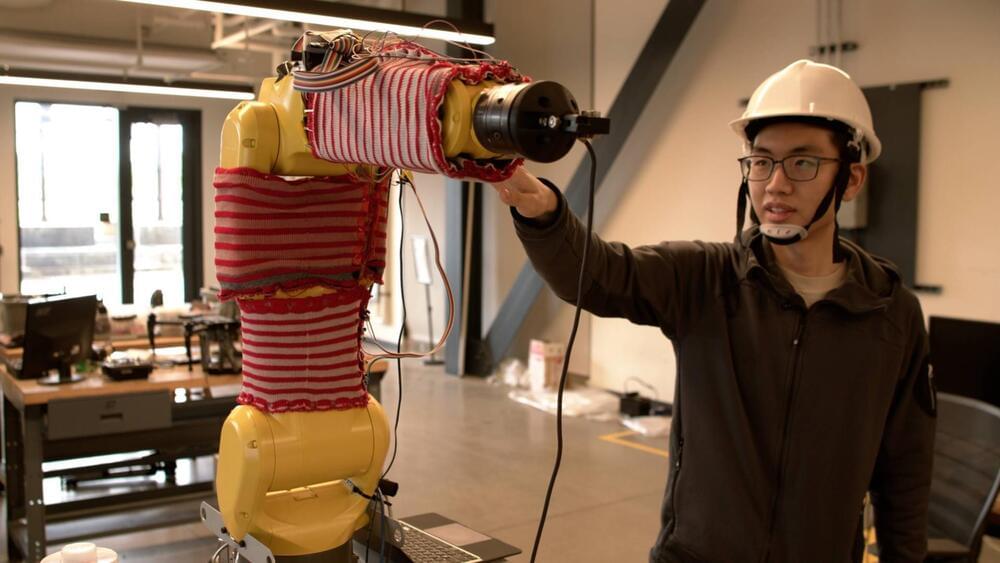
A new study published on eLife and led by the Institute for Evolutionary Biology (IBE, CSIC-UPF) and the IRB Barcelona, has revealed that the Chinmo gene is responsible for establishing the juvenile stage in insects. It also confirms that the Br-C and E93 genes play a regulatory role in insect maturity. These genes, which are also present in humans, act as a promoter and as a suppressor, respectively, of cancerous processes.
The results of the research, which was carried out with the fruit fly Drosophila melanogaster and the cockroach Blatella germanica, reveal that these genes have been conserved throughout the evolution of insects. Therefore, it is believed that they could play a key role in the evolution of metamorphosis.
Insects that undergo complete metamorphosis, such as flies, go through the following three stages of development: the embryo, which is formed inside the egg; the larva (juvenile stage), which grows in several phases; and the pupa, which is the stage that encompasses metamorphosis and the formation of the adult organism.


















